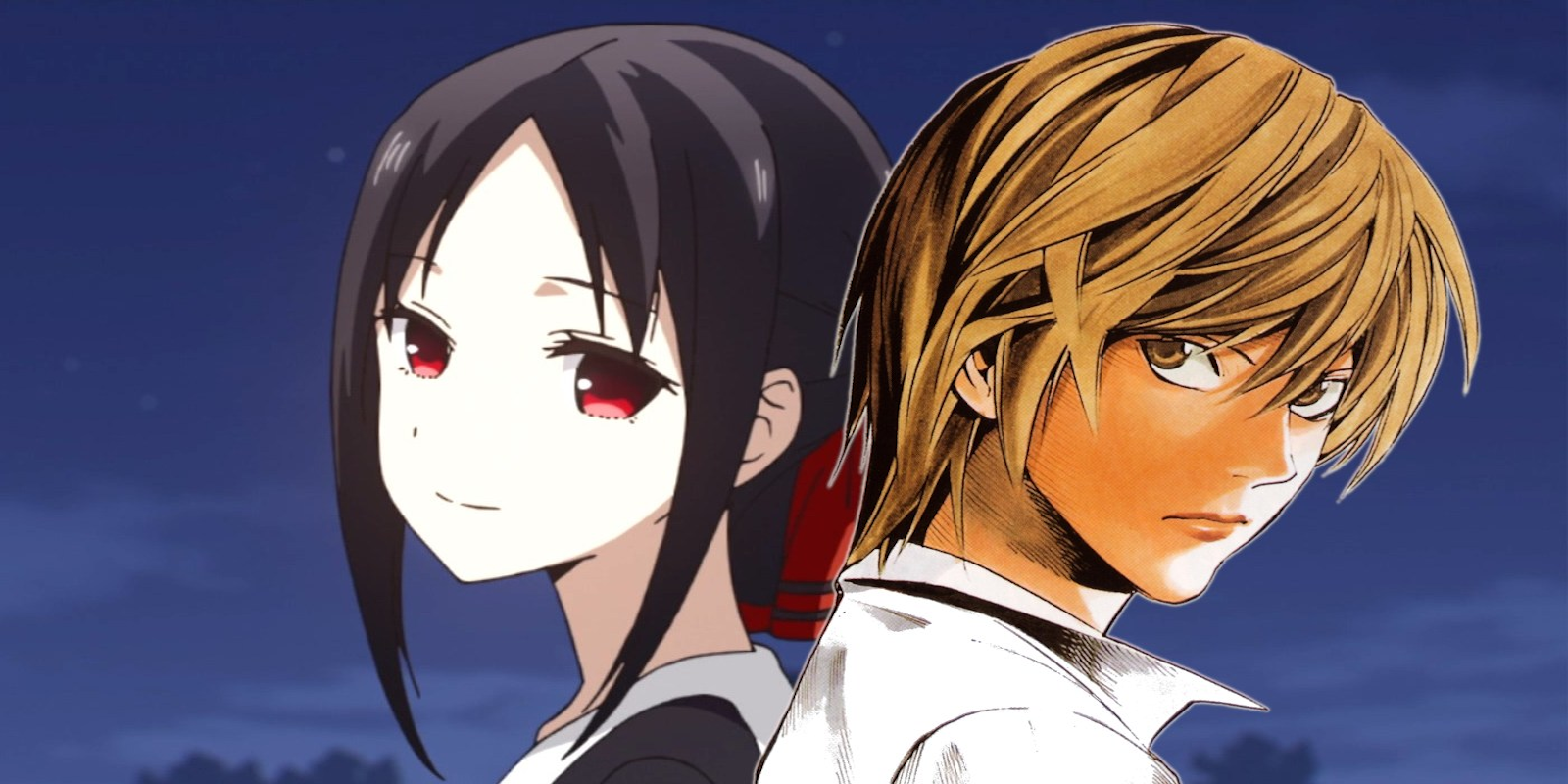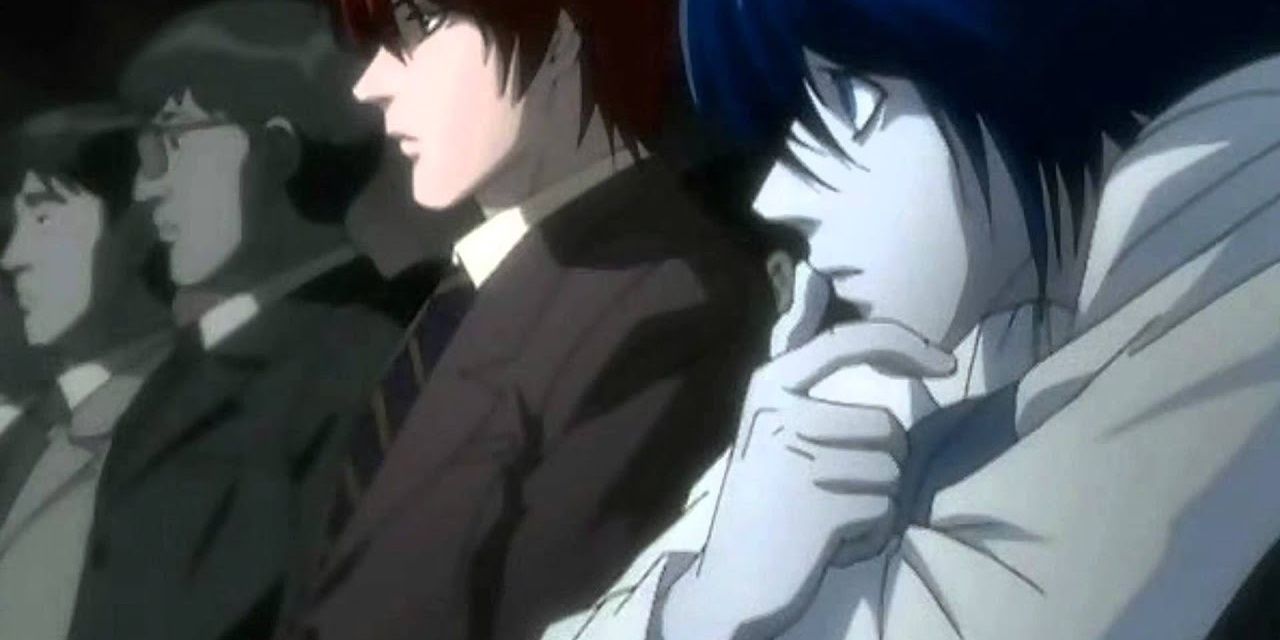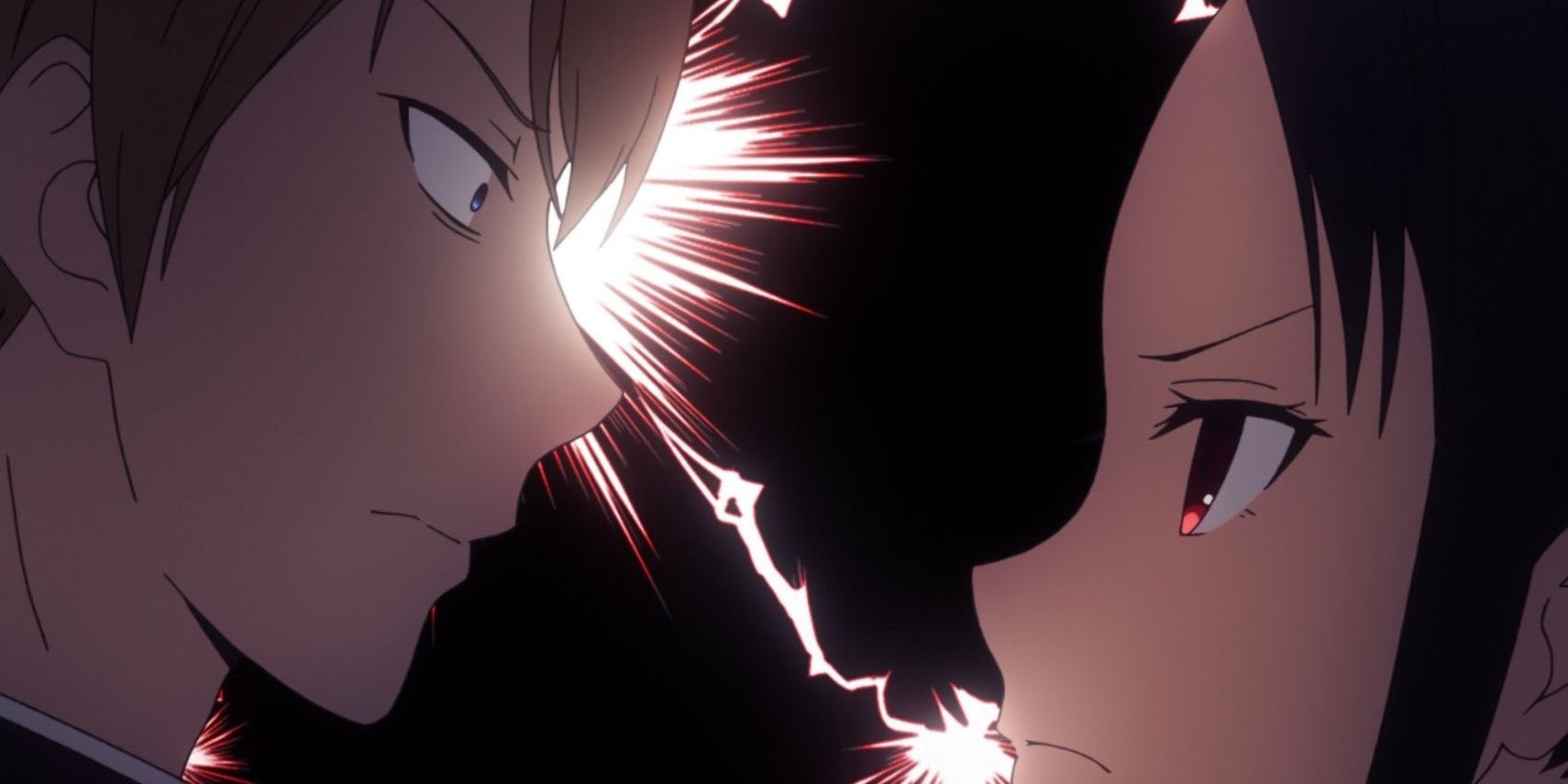Shonen anime isn't always about epic fights and power scaling. Aside from the popular battle shonen genre, which includes the likes of Dragon Ball and Hunter x Hunter, there are also many other non-battle types of shonen anime, such as romantic comedies like Kaguya-sama: Love Is War. There's also one other very interesting kind of shonen; one that looks like a non-battle anime but feels like a battle shonen. Anime like Haikyuu! and Food Wars! are prime examples of this. While one is a sports anime and the other is about cooking, they both still feel distinctly like battle shonen, with the protagonist aiming to achieve some level of power or skills in order to defeat their competition. Instead of beating their opponents in a physical fight, they do it through other competitive means such as cooking, volleyball or even mind games.
The latter can be prominently seen in psychological anime such as The Promised Neverland and Death Note. In Death Note, there are never any epic fight scenes, making it a non-battle shonen; however, there's still clearly a "battle" being waged -- one entirely within the minds of the protagonists. L and Light's constant back and forth of out-maneuvering of the other through intellectual competitiveness is in all purposefully designed to feel like a shonen fight without actually being one. Each move they make feels like punches being thrown in a fight, and the use of these psychological punches -- i.e. the twists and turns -- are used to create a highly binge-worthy series. But Death Note isn't the only manga/anime that uses this technique.
Kaguya-sama: Love Is War, at first glance, might seem nothing like Death Note. It is a lighthearted romantic comedy about two characters that are too shy to confess their love for each other. But underneath the surface, Kaguya-sama uses the exact same tricks that Death Note does to make its scenes as exciting as they are. Neither of its two lead opponents, Kaguya and Shirogane, want to be the first to confess; instead, they attempt to make the other one confess first, with all of this leading to lots of mind games, shenanigans and twists. In a way, the pair's efforts to one-up each other are very much similar to the "battle" between Light and L, making Kaguya-sama also feel like a battle shonen without actually being one.
Here's where the two series drastically diverge, though. While Death Note is meant to be a serious psychological shonen, Kaguya-sama is not. It is, in actuality, a comedy anime satirically using the tropes of psychological anime to create humorous moments, and this clever, subversive use of what is otherwise a convention of serious thrillers ends up making for a great tool to tell its otherwise cliché story in a new and unique way. The same techniques that worked great for psychological thrillers such as Death Note, work just as well in the rom-com environment of Kaguya-Sama.
Often in Kaguya-sama, viewers see one of the characters attempting to execute their plans only to have the other character realize their intentions and trying to counter it when suddenly, another new character -- unbeknownst to the psychological battle that is happening -- enters the room and creates a wedge in both of their plans. This usually follows with each of the characters trying to use their mind-games to get out of the messy situation, with all of these elements working to make room for hilarious moments as jokes follow one after another like a chain reaction, much in the same way twists -- instead of jokes -- follow in rapid succession in Death Note. This, in the process, creates an extremely easy-to-binge "battle" shonen that's not really about battling at all but, instead, is about an unconventional love story.
Kaguya-sama is really not a story about how the protagonist manages to defeat the antagonist in a battle. It uses the competitive nature of both Kaguya and Shirogane to tell a story about two individuals struggling with vulnerability and coming to terms with their own feelings in the medium of battle over who confesses first. Though vastly different in tone, it's clearly a parody of the psychological "battle" shonen of shows like Death Note while, at the same time, being an earnest and sincere romantic anime -- something that could not have been done in a standard battle shonen or a standard romantic comedy anime.
Kaguya-sama: Love Is War manages to do things beyond the wildest imaginations of what was considered possible for both these two very different genres; merging them together to create an altogether new brand of non-battle "battle" shonen.



